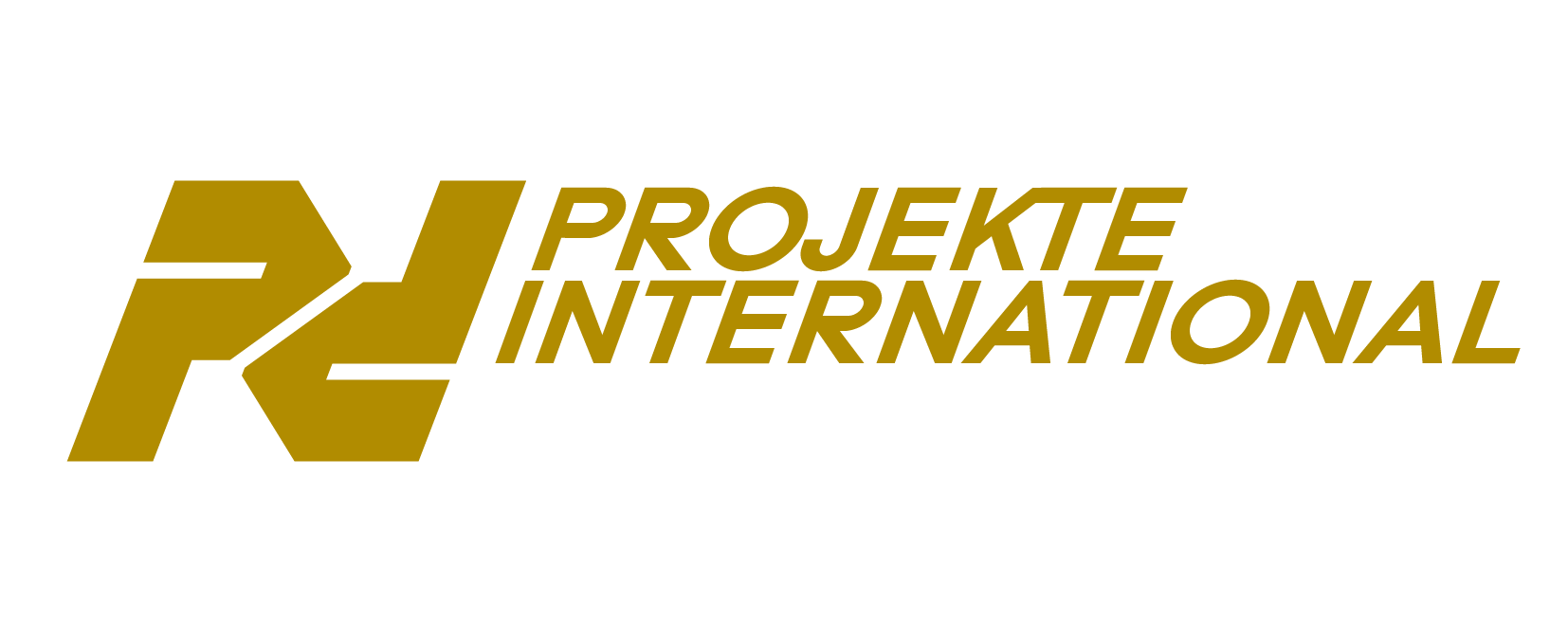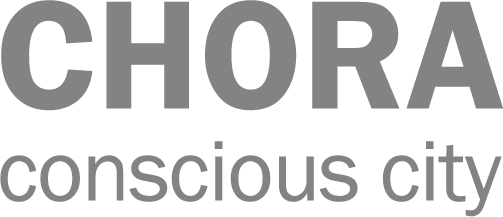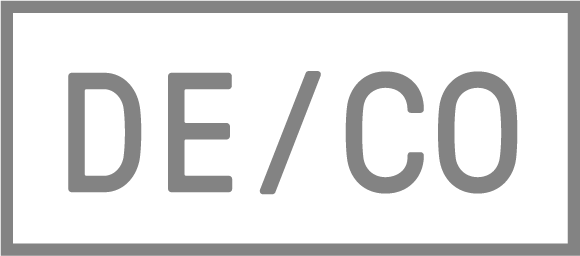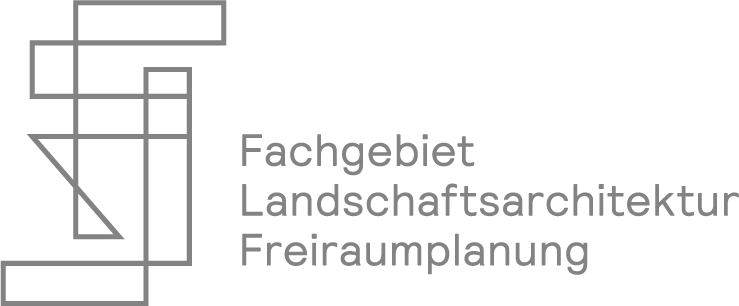DIAGNOSE! Interview with
#4 – Anna Häring
By: Kriti Garg, Julia Dorn & Evelina Faliagka
DIAGNOSE! Interview Series
Published on September 2, 2020
Prof. Anna Häring // Hochschule für nachhaltige Entwicklung Eberswalde, Berlin
The Metropolitan Region of Berlin Brandenburg is almost fully constituted of a productive landscape, the "Kulturland" as it is called in German. The landscape itself and the relationship of the city and its hinterland are constantly changing due to rising demand for food supply as well as in order to cope with the challenges of climate change. Therefore, real transformation across all sectors including agriculture is needed.
Together with Professor Anna Häring, expert on agricultural policies and sustainable supply chains at the HNEE, we are discussing the possibilities of how to engage all actors - farmers, suppliers and consumers - in this transformation. While investigating the role policy making plays in fostering positive development, we start our discussion with how former policy landscapes still exist and impact Berlin and Brandenburg today. Furthermore, talking about the role of technology for future agricultural practices, the interview gives insight into the challenges of combining sustainable agriculture on the one hand with the city's growing and changing food demand on the other. Touching on the transdisciplinary projects Professor Häring is working on we address the question of how to promote mutual understanding between producer and consumer and how this will influence the relationship of the urban and the rural, as one of the most important questions we might have to address in the future, where agriculture is not only part of the food system but also is crucial for cultivating our ecological environments.
Length: 82:00 min
Policy making or transformative landscapes
[02:21] What has been the main focus of agricultural policy and what role do economic considerations play?
[06:56] How does this affect positions on an actor level and local farm businesses in Brandenburg?
[08:23] What are the roles and agendas within the different institutional bodies of the EU?
[13:09] What role do decoupled area subsidies play?
[20:57] What impacts from former policy making decisions are we still battling today?
[24:53] To what extent is urban sprawl and the expansion of Berlin pressuring the local policy making?
[29:43] Is urban sprawl reflected in agricultural policy or is it an urban topic?
[32:09] Are there any incentives that prevent farmers from selling their land and stay in their profession?
[34:55] To what extent do interdisciplinary approaches affect the agricultural sector?
Supply chains and the refiguration of the operational landscape
[43:35] What are the important factors of sustainability in supply chains?
[44:51] What challenges do small food businesses face that are not captured by top-down policies?
[50:31] Can policy making build new coalitions?
[53:42] What role do projects like Liaison play?
[58:03] What is the role of technology in recent agricultural practices?
[01:03:33] How is technology’s role in organic farming perceived by the consumers?
Speculation
[01:08:16] Can the “city-countryside” relationship create an added value for non-human actors and the environment?
[01:09:20] Can intersecting functions create instances of the countryside within Berlin?
[01:13:33] Can we talk about equality and equity between the city and the countryside?
[01:14:11] How will future climate challenges transform our current agricultural landscapes?
[01:16:19] Will emerging infrastructures and digitalization lead to a new technosphere?
[01:18:23] Will we start to disassociate the agricultural sites from the countryside?
BB2040
[EN] Berlin Brandenburg 2040 was initiated by the Habitat Unit in cooperation with Projekte International and provides an open stage and platform for multiple contributions of departments and students of the Technical University Berlin and beyond. The project is funded by the Robert Bosch Foundation.
[DE] Berlin Brandenburg 2040 wurde initiiert von der Habitat Unit in Kooperation mit Projekte International und bietet eine offene Plattform für Beiträge von Fachgebieten und Studierenden der Technischen Universität Berlin und darüberhinaus. Das Projekt wird von der Robert Bosch Stiftung gefördert.








